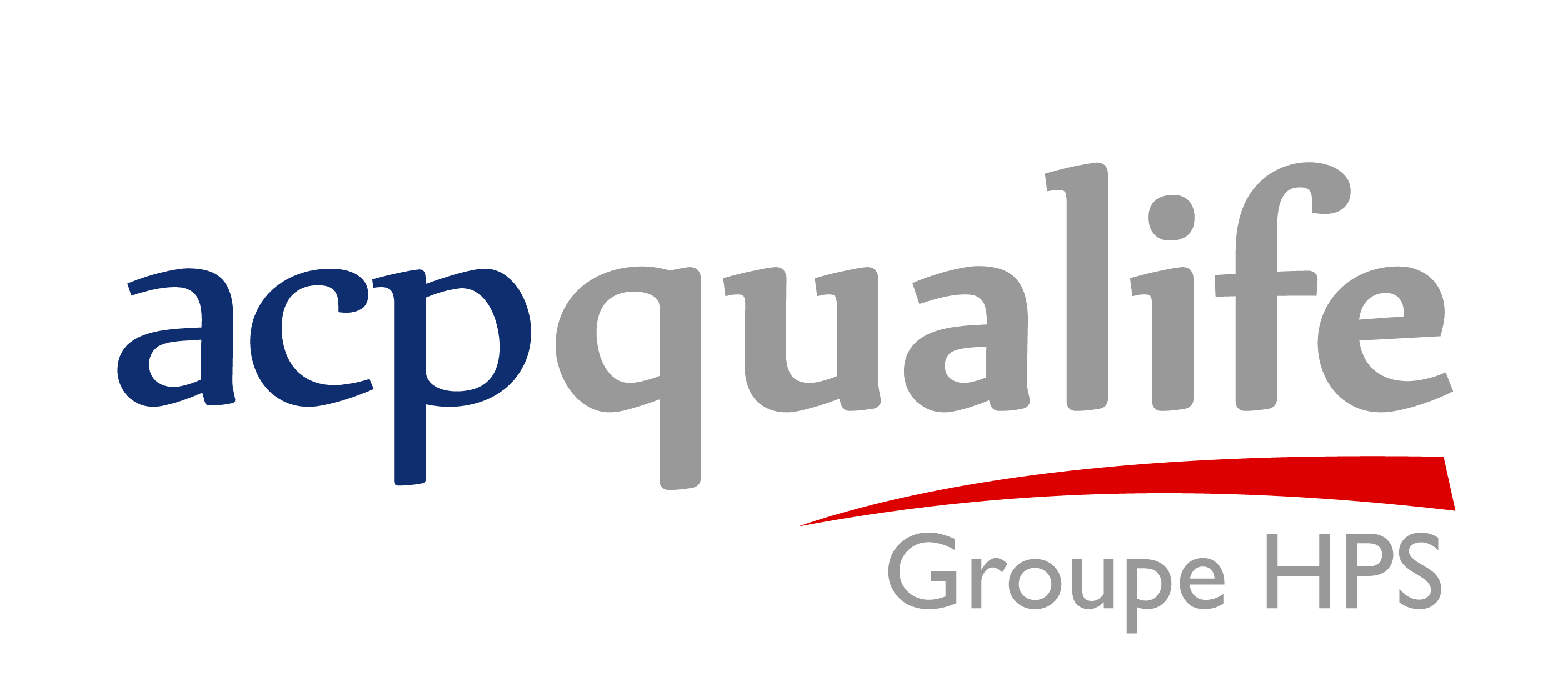ISTQB - CERTIFIED TESTER
ISTQB Advanced - Test Project Manager
Duration
- 5 days
Prerequisites
-
ISTQB certification Foundation Level is mandatory, ideally an experience in project management.
Audience
Anyone interested in managing Software Test Projects and supervising tester teams.
Objective
- Manage a Test Team, set up test methods and processes, manage Test Projects, calculate the ROI on a test project.
- Defining the overall Test objectives and the strategy for the systems to be tested
- Plan, order and follow tasks
- Describe and organize the necessary activities
- Select, acquire and allocate appropriate resources to tasks
- Select, organize and lead Test Teams
- Organize communication ... etc
Education Process
- Certificating methodological training
- Certification Examination on Last Day
- Duration of examination: 3h
Schedule
- From 26 to 30 September in Paris
- From 21 to 25 November in Paris
- October 10th to 14th in Aix-en-Provence
Pricing and Financing
- Training referenced in Collective Actions FAFIEC
- Possibility of financing according to your OPCA
- Price: Contact us
Program
Introduction to the Syllabus for the Test Project Manager
- Reminder of the content of the ISTQB Foundation Level training
- Basic principles of Software Testing, including
- Tests within The Software Life Cycle (V cycle, iterative, RAD, RUP, Agiles)
- Tests of Complex Systems and Critical Systems, Measurements and Metrics
Testing Process
- Planning and Control (impact of strategies on planning, dependencies and deliverables)
- Analysis
- Design
- Implementation and execution of tests
- Monitoring
- Progress Reporting
- Closing activities of the test campaigns (feedback, backup and archiving, ...)
Test Management
- Estimation of Test Loads, Planning of Tests, Monitoring & Control of the progress of Tests
- Outsourcing, Offshore, Subcontracting, MOE and MOA
- Risk-based Tests
Reviews
- Benefits of Reviews (journals) compared to Dynamic Tests and other Static Testing techniques
- Compare the different types of reviews and show their relative strengths and weaknesses as well as their fields of use.
- Piloting a Review Team for a formal review, following the identified steps
- To put in place a Review Plan that is an integral part of a test / quality plan for a project
- Success Factors for Reviews (Journals)
Incident Management
- Incident Management standards (IEEE 1044), The Life Cycle of Faults
- Metrics and measurements
- Analyze Defects Reports created over time and update the taxonomy of defects
Standards and Improvement of Testing Processes
- Test Standards
- Draft and Test an improvement plan using the generic steps involving the right people
- Evaluation and improvement of testing processes, use of CMMI, TMM, …
Testing and Automation Tools
- Test Tool concepts
- Categories of Tools
- Probe Effects and Analysis of results produced by Tools
- Selection and introduction of Tools within the company: understanding the different phases of the implementation of a Test Tool
Individual Skills and Team Training
- Individual skills, group dynamics, motivation and demotivation
- Different Testing organizations within the company
- Positioning of Tests within an organization, internal and external communications
References




